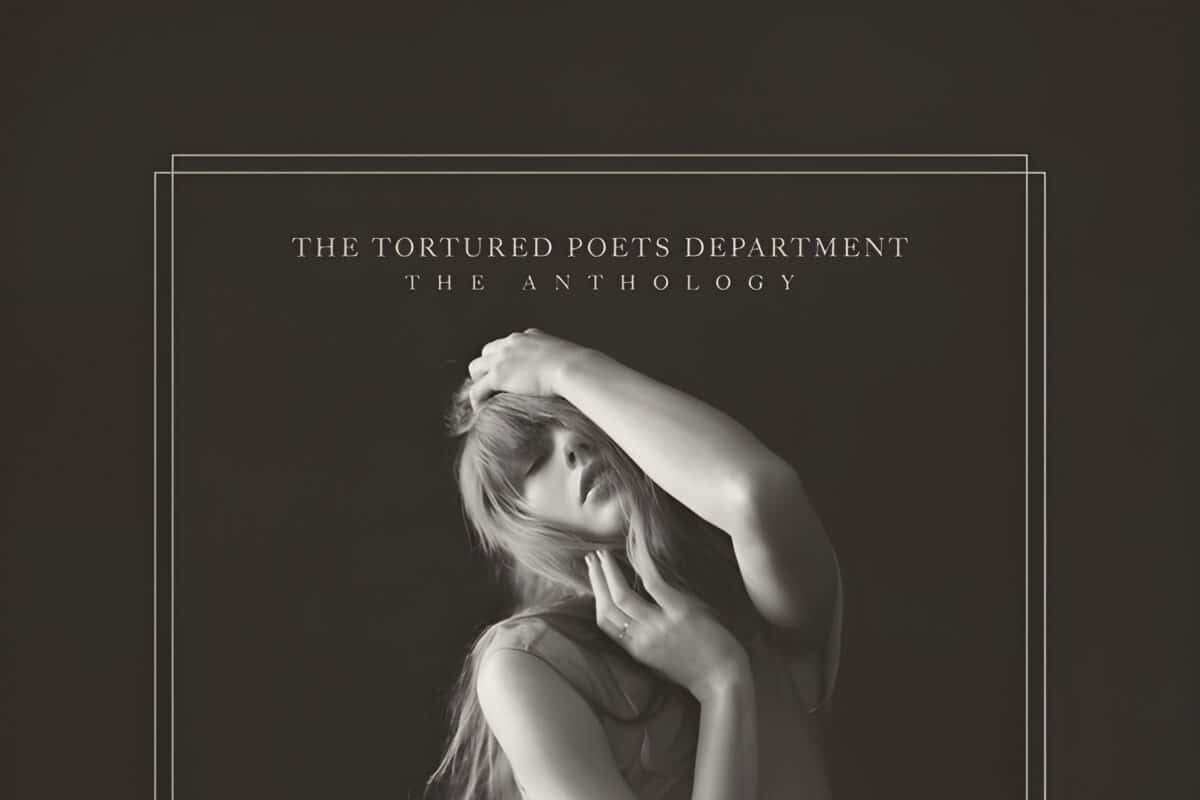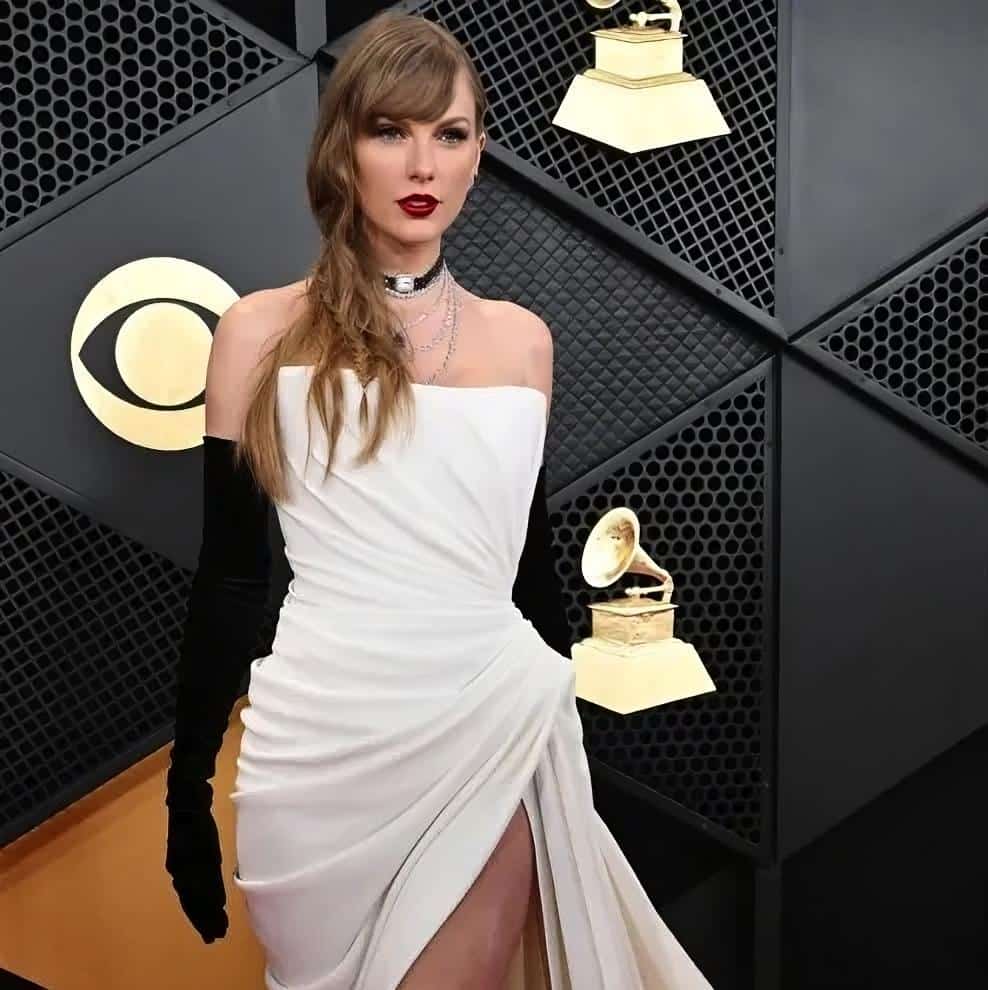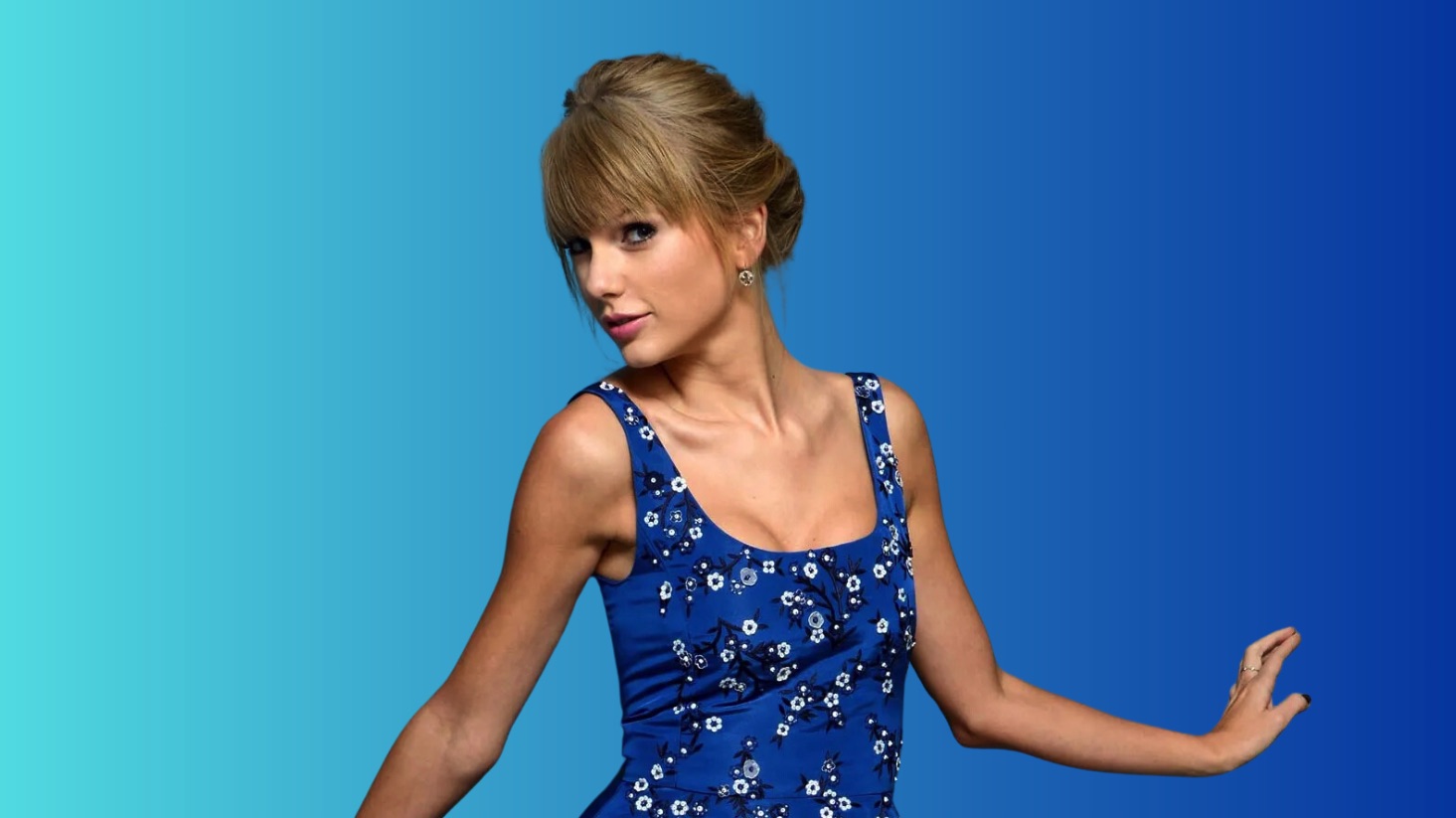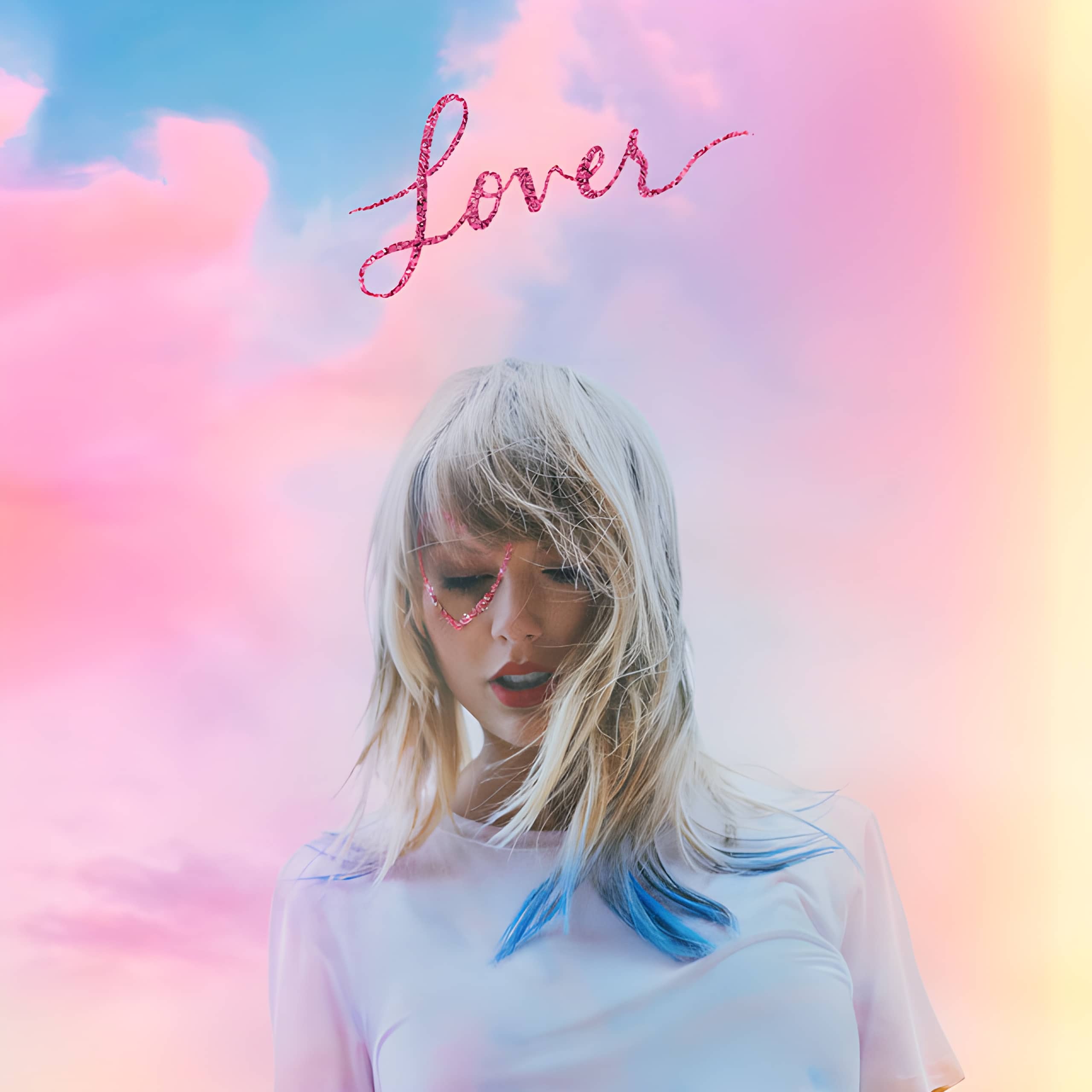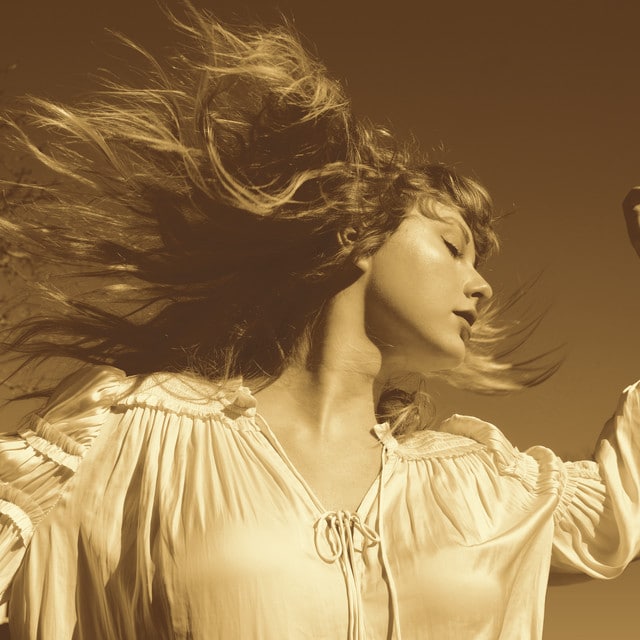Released: 2024
Taylor Swift’s “But Daddy I Love Him” is a defiant, rebellious anthem about breaking free from societal constraints and choosing love on one’s own terms. Swift uses her lyrical prowess to convey a narrative about a young woman defying her traditional community’s disapproval to assert her love and autonomy.
“I forget how the West was won / I forget if this was ever fun / I just learned these people only raise you to cage you” Swift begins the track lamenting the restrictive nature of her environment, reflecting a sentiment commonly found in small conservative towns. The analogy to the ‘West’ likely refers to the American frontier ethos, epitomizing the ideal of free-spirited individualism supposedly usurped by oppressive societal norms.
The chorus, “Now I’m running with my dress unbuttoned / Screaming ‘But Daddy I love him!’” epitomizes the song’s rebellious tone. The unbuttoned dress is a striking symbol of defiance against puritanical expectations of modesty and obedience. The phrase “But Daddy I love him!” is a poignant plea to her father, beseeching him to prioritize her feelings over societal proprieties.
“I’m having his baby / No, I’m not, but you should see your faces” Here, Swift expertly uses shock-value, suggesting a scandalous pregnancy only to quickly refute it. The aim isn’t to reveal a truth but to critique the community’s quick judgement and sensationalist reactions.
In the verse “I’ll tell you something about my good name / It’s mine alone to disgrace” Swift articulates her autonomy. The name forming part of her identity is hers to mould as per her choices, not for others to tarnish or uphold.
“God save the most judgmental creeps / Who say they want what’s best for me / Sanctimoniously performing soliloquies I’ll never see” Here, Swift discredits those who ‘perform’, i.e., pretend to care about her well-being, when in reality they are just judgmental voyeurs interested in gossip and scandal.
“If all you want is gray for me / Then it’s just white noise, and it’s my choice” circling back to the theme of autonomy, Swift rejects the notion of a dull, conformist life (grey) that others might prefer for her, choosing instead her vibrant, chaotic love (her wild boy, wild joy).
The song ends on a triumphant note as Swift ultimately wins over her parents and continues with her rebellious love, “Even my daddy just loves him / I’m his lady, and oh my God / You should see your faces“. The concluding verse demonstrates her triumph over societal judgement, establishing that love, authenticity, and personal agency triumph over conformity.
“But Daddy I Love Him” is a lyrical deep-dive into the thorny path of unorthodox love, societal disapproval, and the assertion of individual will. It’s Taylor Swift at her storytelling finest, painting a vibrant narrative of defiance and love against all odds.
